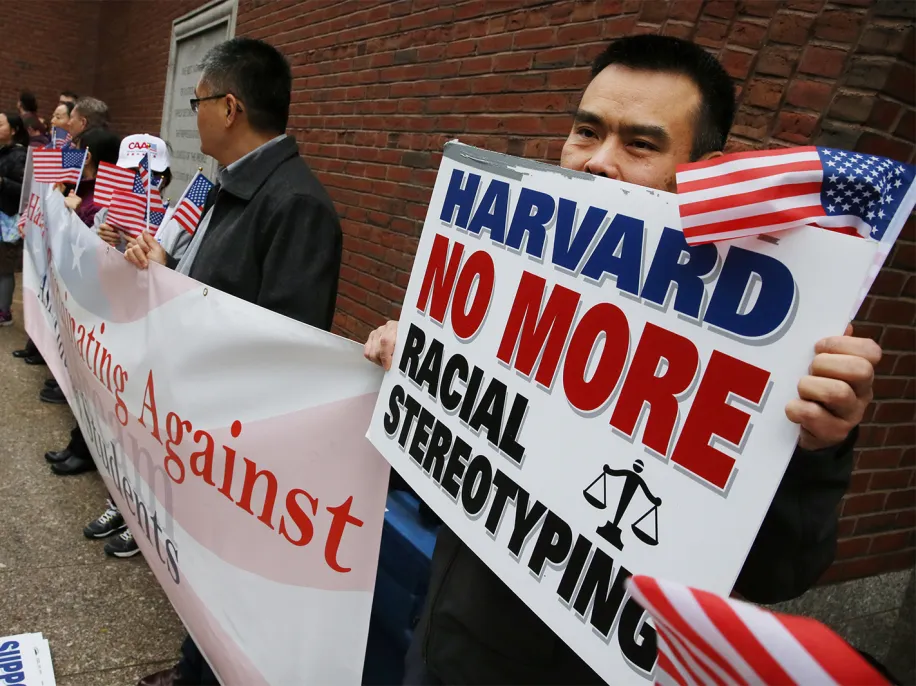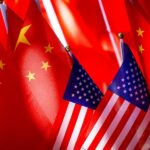The Chinese government issued a sharp rebuke on Friday to the Trump administration’s controversial decision to ban Harvard international students, calling it a blow to America’s global reputation and credibility. Chinese students represent a significant portion of Harvard University’s international population, with over 1,200 enrolled in 2024, according to school data.
Student Uncertainty Spurs Global Attention
The decision has sparked widespread debate across Chinese social media. State broadcaster CCTV questioned whether the United States could continue to attract top global talent, especially since Harvard international students are now caught in legal limbo. Harvard University has already filed a lawsuit against the U.S. government over the move.
“But with the long litigation period, thousands of international students may have trouble waiting,” CCTV warned in a recent commentary, urging students to explore more stable alternatives.

China Defends Student Rights and Criticizes Politicization
Chinese Foreign Ministry spokesperson Mao Ning voiced strong opposition to the U.S. decision during a press briefing in Beijing, stating:
“The relevant actions by the U.S. side will only damage its own image and international credibility.”
Mao added that China remains committed to safeguarding the rights and interests of Chinese students abroad, although no specific protective measures were announced.
Hong Kong University Extends Offer to Displaced Students
The Hong Kong University of Science and Technology responded swiftly, offering to admit any Harvard international students impacted by the U.S. policy. The university’s news release pledged unconditional admissions, simplified procedures, and comprehensive academic support to ease the transition for affected students.
This move highlights how other institutions may capitalize on the uncertainty surrounding U.S. higher education policy.
A Broader Pattern of U.S.-China Student Tensions
The treatment of Chinese students in the U.S. has been a longstanding flashpoint in U.S.-China relations. During Trump’s first term, China’s Ministry of Education warned students of increased visa restrictions and higher rejection rates.
In 2024, several Chinese students reported being interrogated and deported upon arrival at U.S. airports, prompting diplomatic protests from Beijing.
Growing Preference for Alternative Destinations
Chinese state media has often portrayed the U.S. as a volatile and unsafe study destination, citing gun violence and rising xenophobia. Increasingly, Chinese students are turning to the U.K., Canada, and other countries as safer, more stable alternatives to the U.S., especially in light of policies like the one targeting Harvard international students.
Conclusion
As tensions mount, the fate of Harvard international students has become emblematic of broader geopolitical and educational challenges. With universities like HKUST stepping in and China pushing back diplomatically, the global academic landscape may be shifting—one student at a time.














